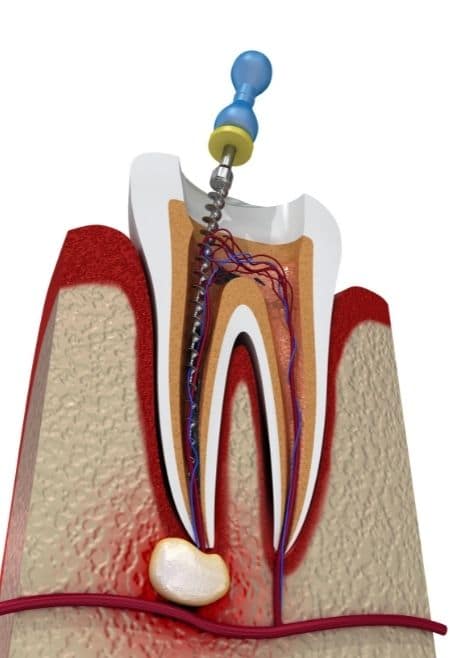Root Canal Specialist
A root canal specialist, also known as an endodontist, is a dental professional who focuses on diagnosing and treating issues related to the interior of the tooth, particularly the pulp and root. This specialized field of dentistry is crucial for saving teeth that have been damaged due to decay, injury, or infection.
Education and Training
To become a root canal specialist, one must first complete a dental degree (Doctor of Dental Surgery or Doctor of Dental Medicine) after which they undertake additional training in endodontics, typically lasting 2-3 years. This advanced education includes a combination of classroom instruction, hands-on training, and clinical experience. Endodontists learn about the complexities of tooth anatomy, pain management, and the latest techniques and technologies used in root canal therapy.
Importance of Root Canal Therapy
The primary goal of root canal therapy is to save a tooth that would otherwise need to be extracted. When the pulp of a tooth becomes inflamed or infected, it can cause severe pain and lead to complications such as abscesses or bone loss. Symptoms indicating the need for a root canal may include:
- Severe toothache
- Sensitivity to hot or cold temperatures
- Swelling and tenderness in the gums
- Darkening of the tooth
By addressing these issues through root canal therapy, endodontists can relieve pain, eliminate infection, and restore the tooth’s functionality.
The Root Canal Procedure
The root canal procedure typically involves several steps:
-
Diagnosis: The endodontist examines the patient’s dental history, conducts a clinical examination, and often takes X-rays to assess the extent of the infection or damage.
-
Anesthesia: Local anesthesia is administered to numb the affected tooth and surrounding area, ensuring the patient remains comfortable throughout the procedure.
-
Access Opening: The specialist creates a small opening in the crown of the tooth to access the pulp chamber and root canals.
-
Cleaning and Shaping: Using specialized instruments, the endodontist removes the infected or damaged pulp tissue and cleans the interior of the tooth. The canals are shaped to prepare for filling.
-
Filling: After cleaning, the canals are filled with a biocompatible material called gutta-percha, sealing the space and preventing future infection.
-
Restoration: Finally, the tooth is restored with a filling or crown to protect it and restore its function.
Post-Treatment Care
After a root canal, patients may experience mild discomfort or sensitivity, which can typically be managed with over-the-counter pain relievers. It is important to follow the endodontist’s post-treatment instructions and schedule any necessary follow-up visits to ensure the tooth is healing properly.
The Role of Technology
Modern endodontics relies heavily on advancements in technology. Techniques such as digital imaging, 3D imaging, and the use of operating microscopes allow root canal specialists to perform procedures with enhanced precision and efficiency. This not only improves outcomes but also helps reduce the time spent in the dental chair.
Conclusion
Root canal specialists play a vital role in maintaining oral health and preserving natural teeth. Their expertise allows patients to avoid the discomfort and complications of tooth loss while ensuring that dental care is both effective and efficient. If you experience symptoms of tooth infection or damage, consulting with a root canal specialist can provide the relief and treatment necessary to restore your dental health.
